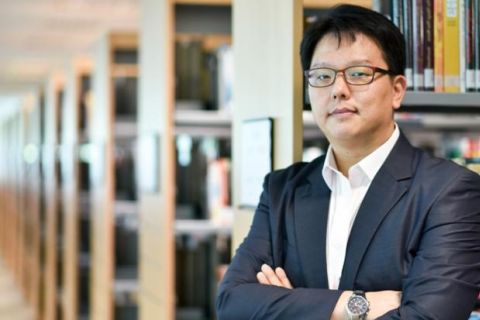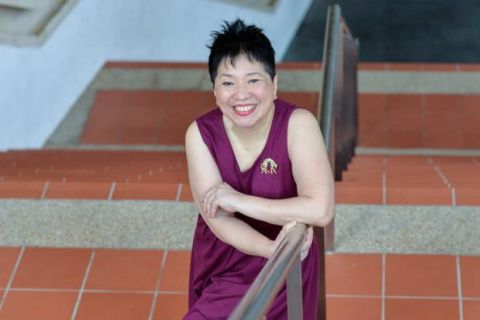
SMU’s Centre for Cross-Border Commercial Law in Asia hosted the 4th Asia Pacific Journal of Private International Law Colloquium on 28 November 2014. Previous editions of this biennial colloquia were hosted by the University of Southern Queensland, Griffiths University and the University of Auckland. The objective of the Colloquium was to gather private international law specialists from around the region for a day of round-table presentation and discussion on relevant private international law issues of the day. Participants were also encouraged to submit their papers to the Journal of Private International Law for publication.
This year’s edition was notable for the broadening of the event outside of Australasia. It was convened by Associate Professor Adeline Chong from SMU School of Law. The keynote speaker was Professor Anselmo Reyes, Representative of the Asia Pacific Regional Office of the Hague Conference and Professor of Legal Practice at the University of Hong Kong. Other participants included Associate Professor Elsabe Schoeman (University of Auckland), Professor Guo Yujun (University of Wuhan), Professor Koji Takahashi (Doshisha University), Professor Mary Keyes (Griffith University), Professor Tan Yock Lin (National University of Singapore) and Professor Leon Trakman (University of New South Wales).
Dean of SMU School of Law, Professor Yeo Tiong Min, presented a paper, as did one of the editors of the Journal of Private International Law, Professor Paul Beaumont (University of Aberdeen). In total, 10 papers were presented, with topics covering the whole gamut of private international law issues. Theoretical and practical issues were canvassed. Professor Reyes’ keynote address discussed the importance of soft law instruments, such as statements of principles, in private international law. One of the topics that elicited active discussion among the participants was the establishment of the Singapore International Commercial Court.
Private international law is a subject which does not befit an insular approach. The gathering of scholars from so many different jurisdictions offered each participant an opportunity to learn more about other legal systems, especially how these systems had dealt with common problems in private international law. In particular, it was insightful to have leading scholars from China and Japan present developments in their respective legal systems, given the scarcity of English language resources on these topics.
With each participant being a specialist in this field, the discussions were conducted in depth. Last but not least, the intimate, round-table format of the colloquium allowed for a robust dialogue and lively exchange of ideas amongst participants after each presentation.
See More News
Want to see more of SMU Research?
Sign up for Research@SMU e-newslettter to know more about our research and research-related events!
If you would like to remove yourself from all our mailing list, please visit https://eservices.smu.edu.sg/internet/DNC/Default.aspx

